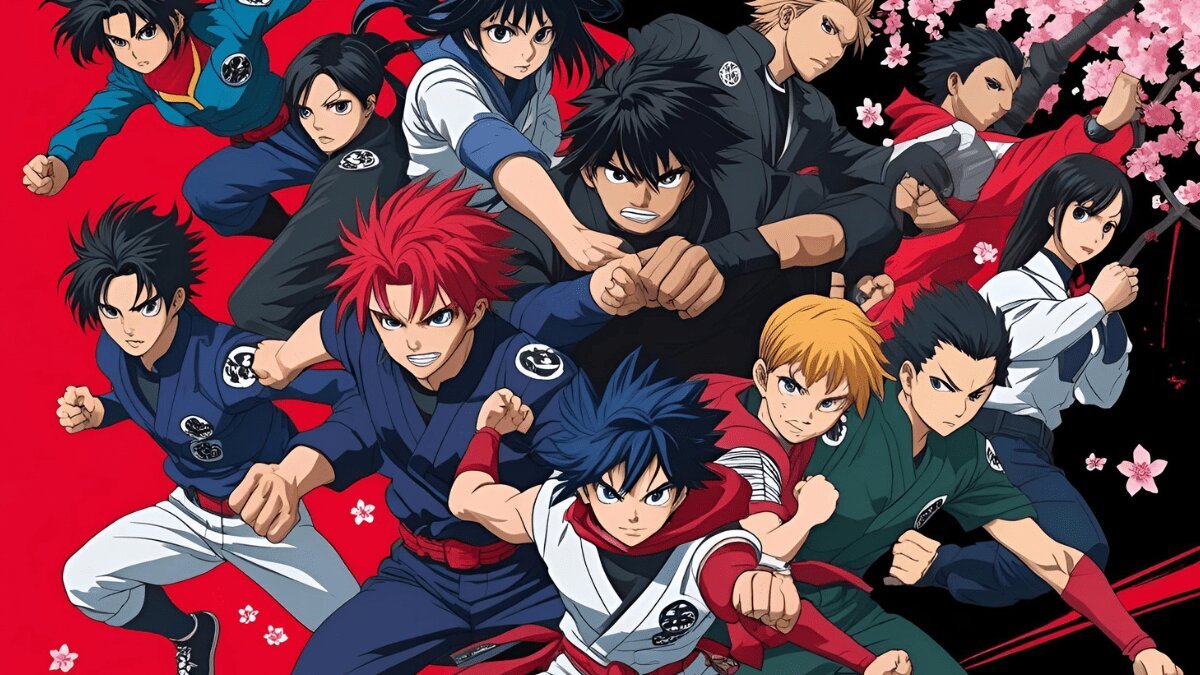In the world of anime, few characters have sparked as much debate, admiration, and controversy as Eren Yeager, the central figure of Attack on Titan. When viewers first met Eren in 2013, he was a fiery, impulsive boy determined to eradicate the Titans and explore the world beyond the walls. By the series’ end, however, he had become the orchestrator of the Rumbling—a genocidal event threatening to annihilate most of humanity.
What happened?
This transformation isn’t just a plot twist. It’s a carefully constructed descent—or evolution—into a character that blurs every moral line. In a world defined by cycles of revenge, ethnic warfare, and historical trauma, Eren Yeager’s choices force us to confront uncomfortable truths:
-
What defines a hero?
-
Does trauma justify violence?
-
Can genocide ever be considered a form of freedom?
Eren’s arc is not about redemption or damnation. It’s about the cost of freedom and the weight of choice. He claims he had no choice—and yet, he chooses the unthinkable. To many fans, he is a tragic savior. To others, he is an irredeemable villain.
Hajime Isayama, the creator of Attack on Titan, masterfully crafted Eren’s journey to reflect the ambiguity of real-world conflicts, historical injustice, and the psychological trauma of warfare. This complexity is what makes Eren Yeager one of the most compelling—and divisive—characters in anime history.
This article delves into:
-
Eren’s psychological and ideological transformation
-
The symbolism of the Rumbling
-
His relationships with Mikasa, Armin, and Zeke
-
The blurred line between vengeance and justice
-
Why Eren’s legacy continues to divide fans
So, should Eren Yeager be considered a hero or a villain? Or is he something else entirely—a mirror to our own ideas of justice, revenge, and freedom?
Eren’s Early Years: The Birth of a Revolutionary
Eren’s story begins with trauma: the fall of Wall Maria, the death of his mother, and the sudden realization that his world was a cage. This foundation is key. His early life was marked by helplessness, igniting a desire for freedom at any cost.
He joins the Survey Corps, fights Titans with reckless abandon, and declares over and over: “I’ll kill them all.” At first, it feels like righteous anger. Eren is the underdog, humanity’s voice, a symbol of resistance.
But then, the story widens. The enemy isn’t just Titans—it’s the entire world outside the walls. The idea of freedom becomes more complex—and more dangerous.
Eren and the Founding Titan: A God Among Mortals
Once Eren inherits the Founding Titan, everything changes. With power to reshape reality and access to the memories of past and future Titans, Eren becomes omnipotent—yet emotionally isolated.
He sees every path that leads to his friends’ survival—and every road that doesn’t. The weight of that knowledge pushes him to an impossible decision: to destroy the rest of the world in order to save Paradis Island.
This is the Rumbling. A march of Colossal Titans meant to flatten everything beyond the sea.
It’s not revenge. It’s not war. It’s extermination.
The Rumbling: Justified Genocide or Unforgivable Atrocity?
The Rumbling is the most controversial moment in anime history. By activating it, Eren kills 80% of humanity. Why? To end the cycle of hatred. To make his friends safe. To give Eldians a fighting chance.
He doesn’t ask for forgiveness. He doesn’t justify it. He just acts—believing no one else will do what must be done.
His reasoning:
-
The world will never stop hating Paradis
-
Peace is a lie
-
Fear is the only deterrent
But the ethical question remains:
Is it ever right to destroy innocents for the future of your people?
Hero or Villain: Perspectives from His Closest Allies
Mikasa still loves him, even after everything.
Armin mourns who he was, but acknowledges his necessity.
Jean, Connie, and Levi question their loyalties as they form the alliance to stop him.
Even Zeke, Eren’s half-brother, is shocked by his resolve.
These personal relationships are essential to understanding Eren. He’s not evil for evil’s sake—he’s human, deeply flawed, and trapped by the burden of foresight.
His friends are not just his weakness—they’re his motivation. He chooses the path that ensures their survival, even if it damns his name forever.
Eren the Anti-Hero: A Mirror to Real-World Conflict
What makes Eren powerful—and terrifying—is that he reflects the logic often used to justify real-world atrocities. Preemptive strikes. Sacrifices for peace. Tribal survival. National identity.
He isn’t a traditional villain, like an egomaniac or a sadist. He’s convinced he’s saving the world—his part of it, at least. He’s the embodiment of “If I don’t do it, someone else will”.
This makes him feel real—and why fans are so split.
Was He Right? The Divided Legacy of Eren Yeager
Some fans hail Eren as a messiah who gave his people a future.
Others condemn him as a mass murderer who chose genocide over diplomacy.
And some—perhaps most—see him as both:
A hero to some. A villain to others.
A victim of his circumstances. A prisoner of fate.
A man who chose hell to give his friends peace.
His actions forced the world to change. Whether it was for better or worse is something the world of Attack on Titan—and we, the viewers—may never agree on.
Conclusion: The Price of Freedom
Eren Yeager’s story is a tragedy wrapped in ideology, trauma, and the relentless pursuit of freedom. He is not clean. He is not pure. But he is, in every sense, human.
He loved his friends. He hated the world. He saw no way out. And he acted.
So, is Eren Yeager a hero or a villain?
Maybe he’s just a boy who wanted to be free—and paid the ultimate price for it.


